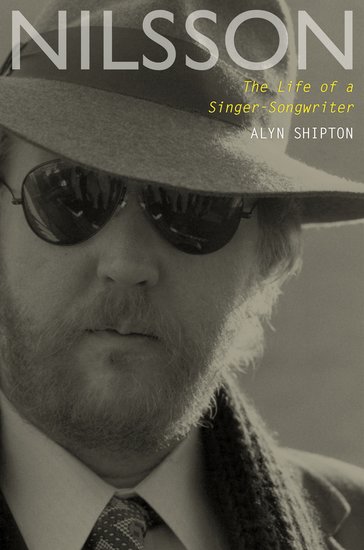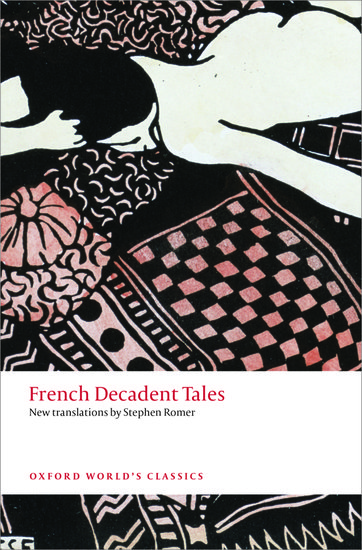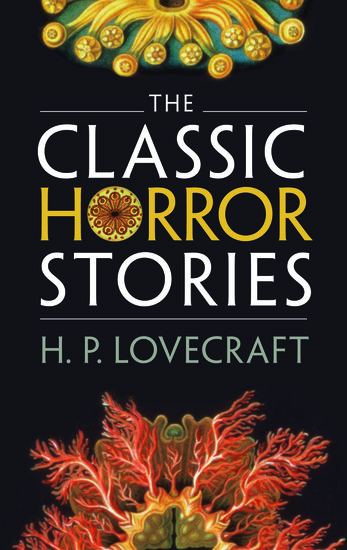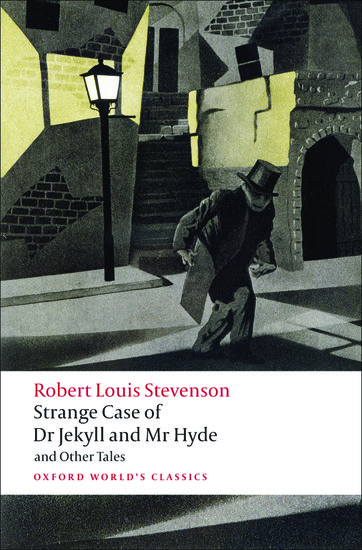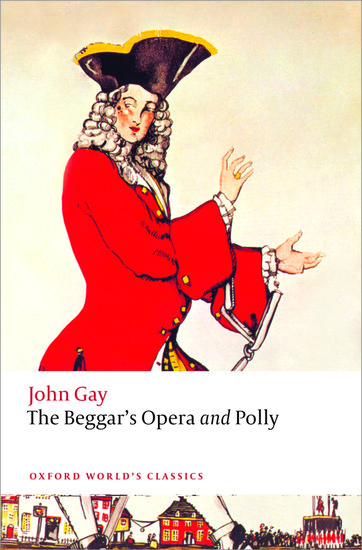Musings on the Eurovision Song Contest
By Alyn Shipton
When the first Eurovision Song Contest was broadcast in 1956, the BBC was so late in entering that it missed the competition deadline, so it was first shown in my native England in 1957. Nonetheless, it seems as if this curious example of pan-European co-operation, which started with seven countries and is now up to 40, has been around forever.

